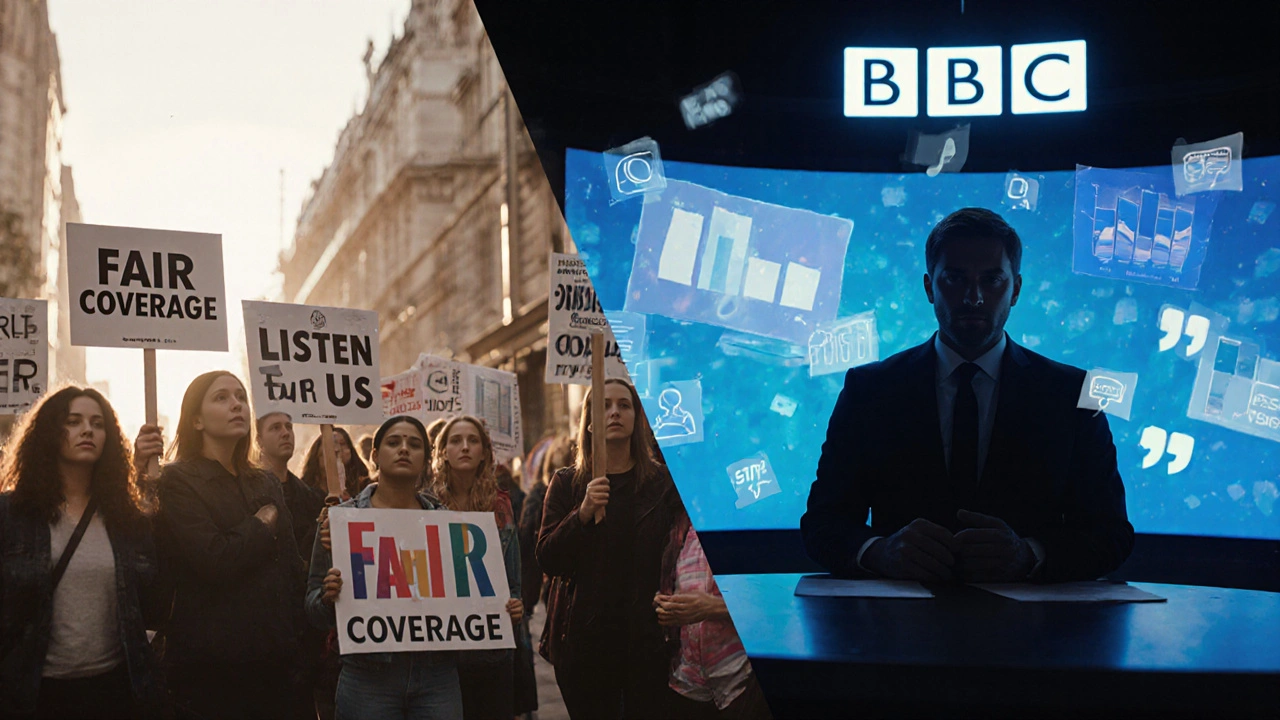BBC Journalism: Trusted Reporting, Bias, and What Makes It Different
When you think of BBC journalism, the UK’s largest and most widely trusted public service news organization, funded by the television license fee and legally required to be impartial. Also known as British Broadcasting Corporation news, it’s the go-to source for millions who want facts without the shouting. Unlike commercial outlets that chase clicks or push political agendas, BBC journalism is bound by a charter to inform, not to persuade. That’s why, even in a sea of sensational headlines, people still check BBC News UK first.
What makes BBC journalism stand out isn’t just its reach—it’s its structure. It’s owned by the Scott Trust, a nonprofit foundation created in 1936 to protect editorial independence from commercial or political pressure. This is the same model that keeps The Guardian free from billionaire owners or corporate shareholders. Meanwhile, outlets like the Daily Mail or Daily Express answer to profit-driven boards, which shows in their tone, framing, and often, their facts. BBC journalism doesn’t have that conflict. Its funding model means it can cover stories others ignore—like NHS waiting lists, housing shortages, or the real impact of benefit cuts—without worrying about ad revenue.
That doesn’t mean BBC journalism is perfect. Critics call it too cautious, too London-centric, or too eager to balance false equivalencies. But its commitment to verification is real. When other outlets ran with wild claims about new COVID variants or fake scandals, BBC journalists checked sources, waited for data, and corrected errors publicly. That’s rare. In a world where misinformation spreads faster than facts, that discipline matters. And it’s why, even when you disagree with their angle, you can trust they didn’t make it up.
Behind every BBC news story is a system built for accountability: fact-checkers, editorial guidelines, ombudsmen, and a public complaints process. You won’t find that in most private media. The result? A newsroom that still reports on the UK’s biggest issues—homelessness, climate policy, transport chaos, and political collapse—not because it’s trending, but because it’s important. That’s the difference.
What you’ll find in this collection isn’t just a list of articles. It’s a window into how BBC journalism fits into the wider UK media landscape—how it compares to The Guardian, how it handles bias accusations, and why it still holds up when so much of the news industry is crumbling. You’ll see how it covers health crises, political shifts, and everyday struggles across London and beyond. No fluff. No spin. Just the facts, the context, and the questions that matter.
Is BBC News biased or unbiased? Here's what the data shows
BBC News is the most trusted news source in the UK, but claims of bias persist. Data shows it's among the most balanced outlets, though sourcing and framing can lean subtly. Here's what the evidence really says.
